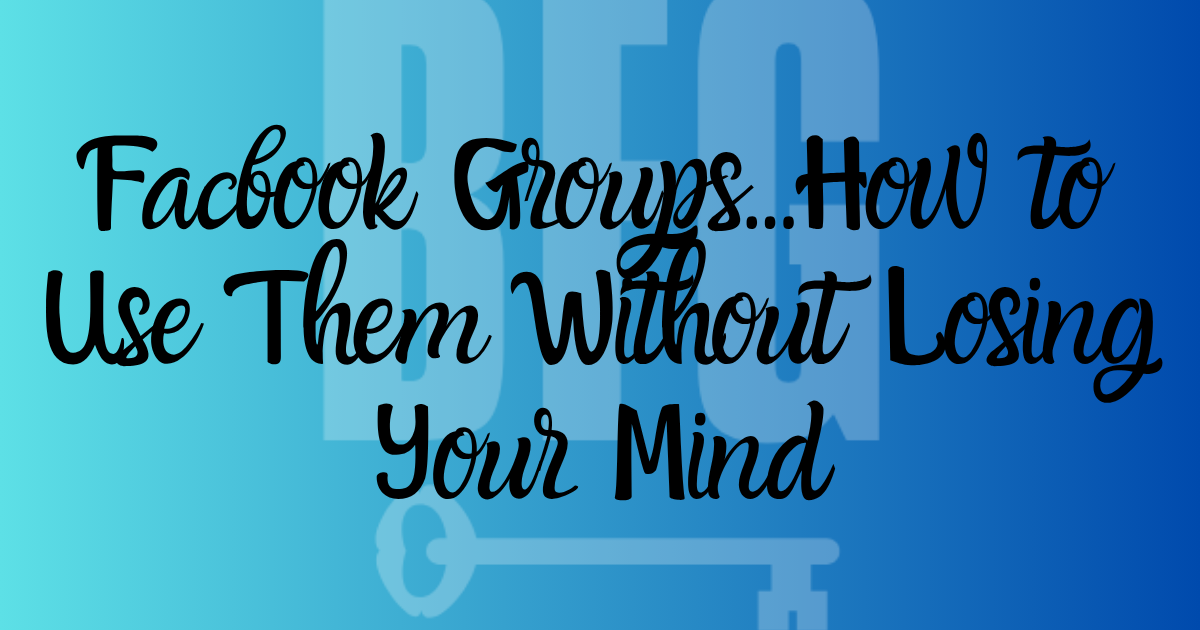We’ve all been there—you join a “local” Facebook group to stay informed, connect with neighbors, and maybe find out when the farmer’s market opens. But instead, you’re wading through endless drama, conspiracy theories, and the occasional heated debate over who left their trash cans out too long.
If you’ve ever wondered whether these groups are helping communities or slowly melting our collective brain cells, the answer is… both. Here’s why they often go off the rails—and how to make them work for you, instead of against your sanity.
Why Local Facebook Groups Can Be… Less Than Helpful
1. The Misinformation Machine 📰
Rumors spread faster than facts. Someone’s cousin “heard from a friend” that a bear was spotted downtown—and suddenly, there’s a 400-comment thread and a dozen blurry raccoon photos.
2. The Perpetual Outrage Cycle 🔥
A pothole, a barking dog, a slow barista—some folks treat these groups like a live diary of grievances. Over time, it normalizes complaining instead of actually fixing problems.
3. The Same Five Topics. Forever. 🌀
Lost dogs, power outages, traffic accidents, and “what’s that smell?” are the bread and butter. Important the first time… mind-numbing the 30th.
4. The Digital Echo Chamber 📢
When everyone in a group shares the same opinions (or shouts down anything different), it stifles real conversation. Communities don’t grow without diverse perspectives.
5. The Time Suck ⏳
You went in to see if the library was open on Sunday and two hours later, you’re deep in a debate about whether pineapple belongs on pizza. (It does, by the way.)
Why They Still Matter (and How to Use Them Without Losing Your Mind)
Even with all their quirks, local Facebook groups can still be useful—if you use them strategically.
1. Think “Bulletin Board,” Not “Living Room” 📌
Treat the group as a place to post and scan for information, not to hang out all day. Get in, get the info, get out.
2. Fact-Check Before You React ✅
Before you share or comment on breaking “news,” confirm it with a trusted source. This helps slow the rumor mill and keeps your credibility intact.
3. Curate Your Notifications 🎯
Turn off notifications for every new post. Instead, use the search bar to check for what you actually need—like “yard sale,” “road closure,” or “local events.”
4. Contribute Value, Not Noise 🗣️
If you do post, make it something people will actually appreciate: a legitimate community update, a useful recommendation, or a constructive solution to a problem.
5. Follow the 5-Minute Rule ⏱️
Limit your scrolling and commenting to five minutes at a time. The less you feed the drama, the less it feeds back into your own headspace.
Final Thought
Local Facebook groups aren’t inherently bad—they’re just like any public space: their quality depends on what people bring to them. Be the person who brings clarity, useful information, and a bit of kindness. The community (and your own brain) will thank you.
✌️🤠 Big Frontier Group
Helping you navigate the real and digital neighborhoods of Colorado.


